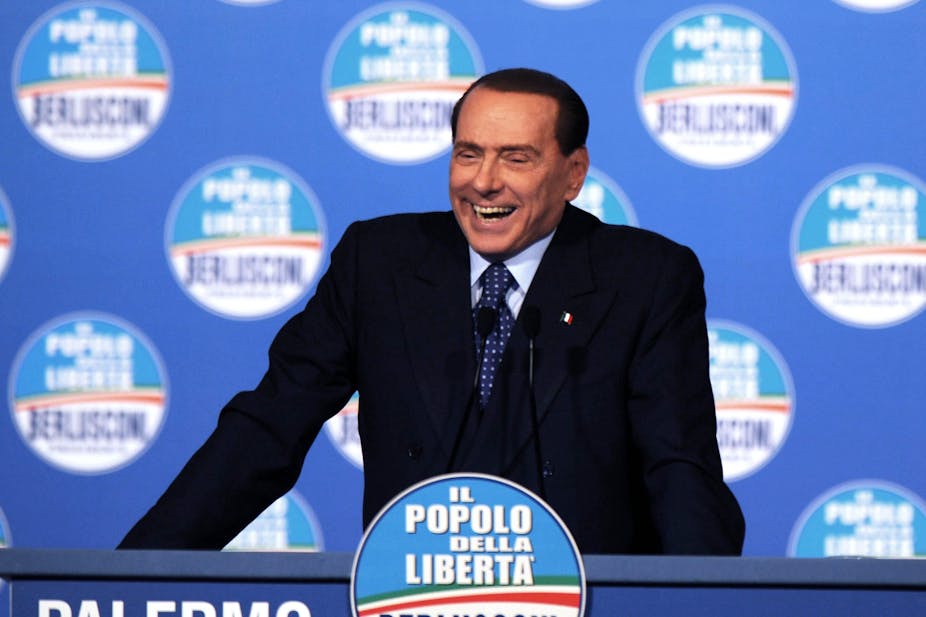A Berlusconi led right-wing coalition has delivered a shock in the Italian elections, taking 30% of the vote and winning the senate in the key regions of Lombardy, Sicily and Veneto. Berlusconi was trailing badly in polls when the campaign began and few thought he could rein in the centre-left. The result has left Italy with a hung parliament.
The biggest surprise in the results, however, was Beppe Grillo’s 5 Star Movement (M5S), which gained momentum in the final weeks of campaigning and polled well above most expectations, taking 25% of the vote. It stands today as Italy’s single largest party, although took less seats than the centre-left or right due to its refusal to enter into any coalitions.
The centre-left coalition led by Pierluigi Bersani’s Democratic Party (PD) won the lower house by a mere 124,407 votes and under Italian electoral law is awarded 55% of the seats. It will be up to them to try to find coalition partners in the senate in order to form government.
This may prove impossible. The logical partnership, much discussed in the lead up to the election, was to have been between the PD and Mario Monti’s hastily formed centrist Civic Choice party. The PD won 123 seats in the senate, but Monti campaigned poorly and won only 19 senate seats. This would leave them some 16 seats short of the 158 required to govern.
The other options are not promising.
A grand coalition between the PD and Berlusconi’s People of Liberty (PdL), unthinkable before the election, is now on the table. Berlusconi stated immediately after the results came through that he doesn’t favour fresh elections and would be prepared to cooperate for stable government. But it would be difficult to see such an arrangement lasting beyond the next budget.
A further possibility would be a minority government that would operate with the support of Grillo’s M5S. Grillo is still indicating that he won’t cooperate with the major parties - indeed he campaigned with the slogan, “Let’s send them all packing!”.
But how the M5S candidates will act in parliament is entirely unclear, as most of them are political novices and unknown quantities. Given Grillo’s attack on traditional party politics and a call for greater parliamentary integrity, his deputies and senators may well be given a free rein to provide informal support to the PD.
In short, the results highlight the need for electoral reform to prevent the sort of governmental instability that characterises Italian national politics.
It is possible that there will be a quick reform to electoral law followed by fresh elections in search of a stable majority. President Giorgio Napolitano may seek to orchestrate this as his final act in a long and distinguished career. He is 87 years old and his term in office finishes in May.
The desire for democratic normality (defined as stable government, regular alternation between left and right, low levels of corruption, transparency and accountability) is a defining aspiration of Italian politics. And there is the growing sense that to achieve normality there needs to be a radical break with the past political order. Grillo’s M5S seems to offer this, which explains a large part of its appeal.
The irony of Grillo’s success, however, is that it has come at the cost of short-term governmental stability and could send a shock wave through European markets which may reignite the Euro crisis.


